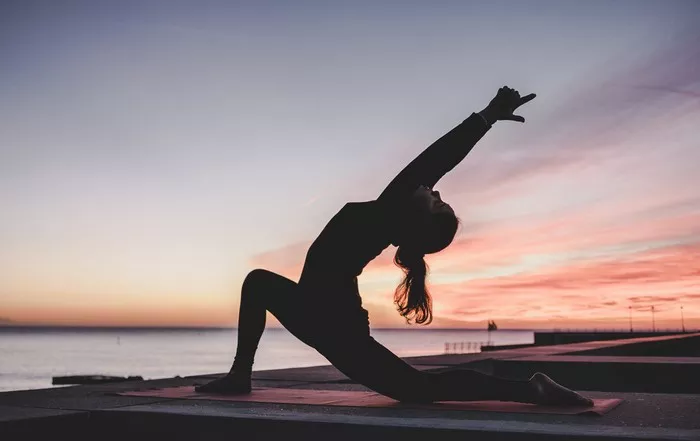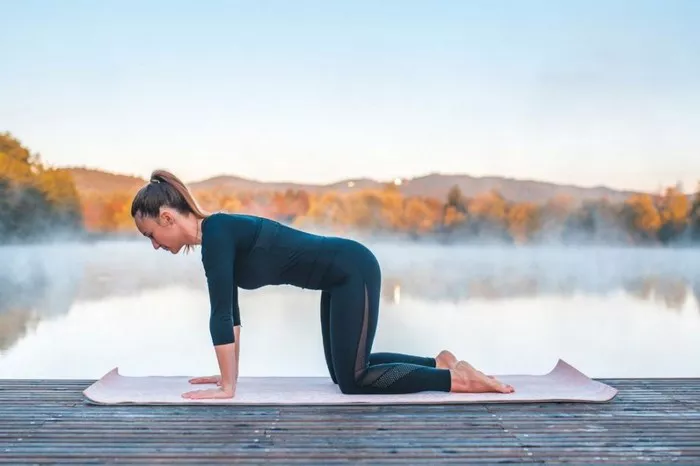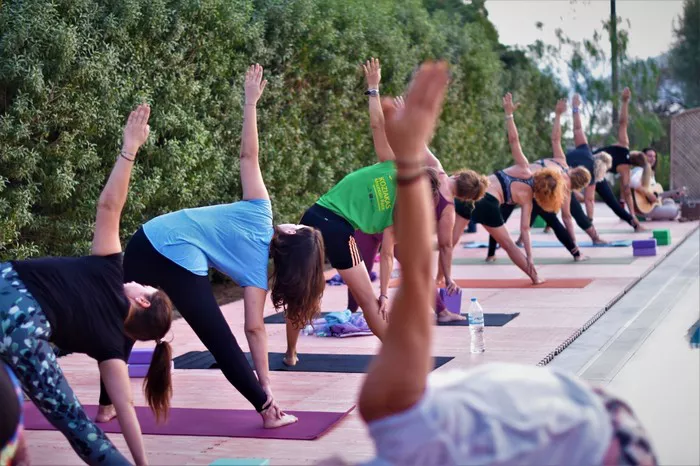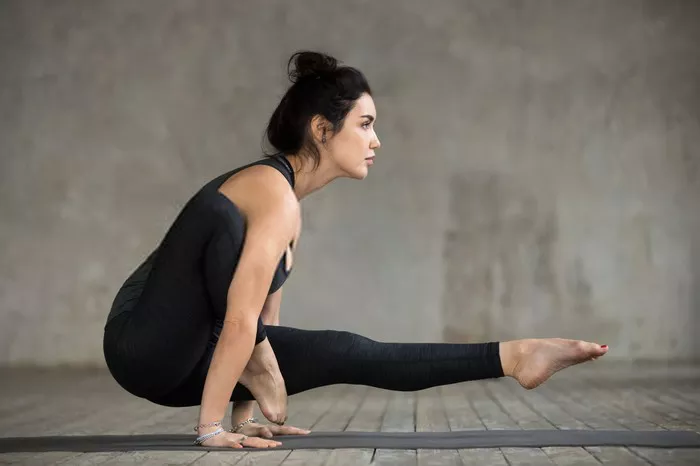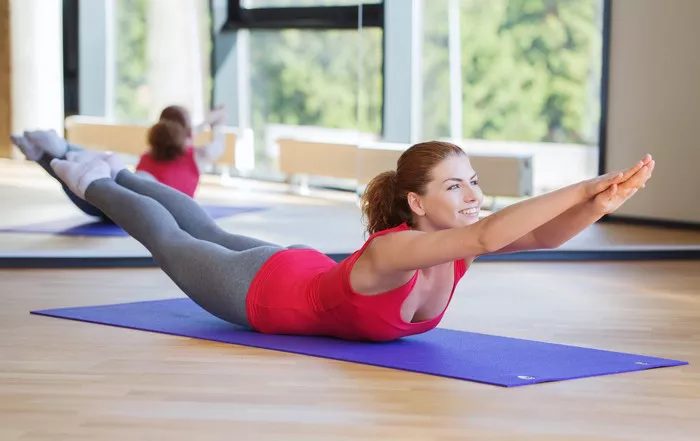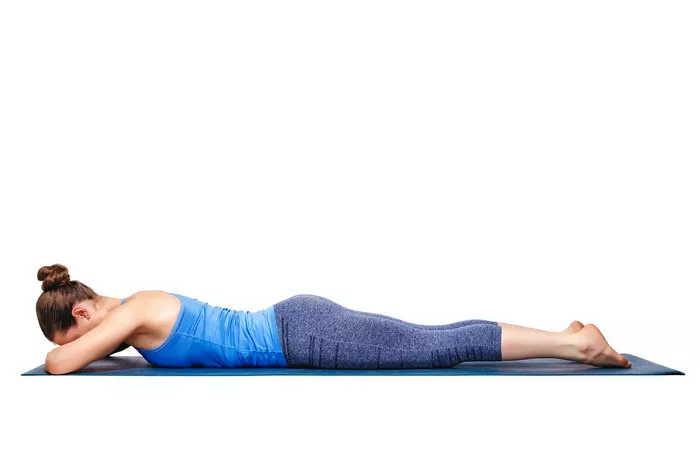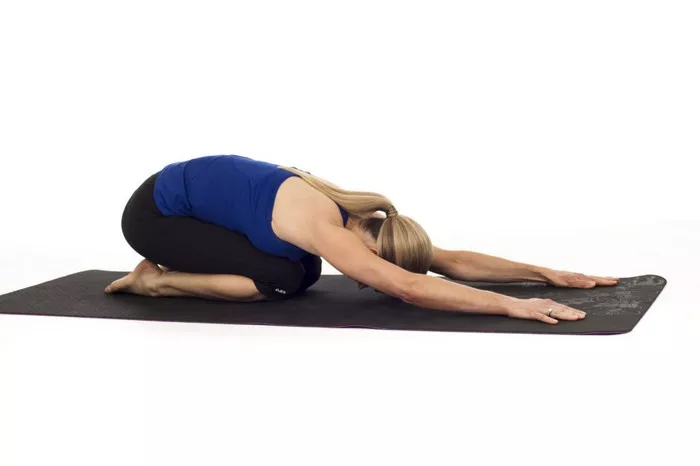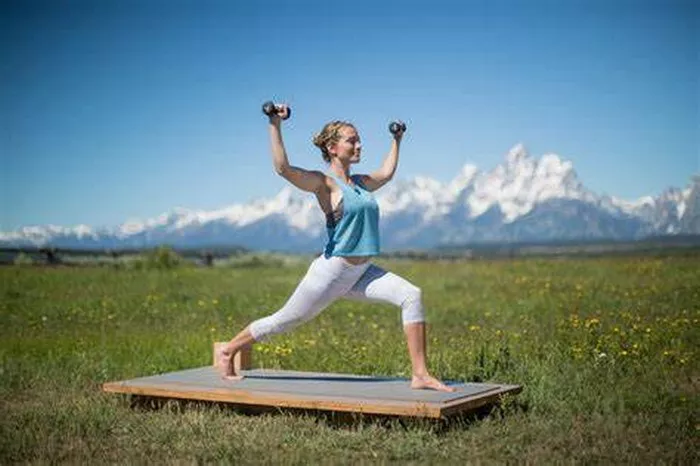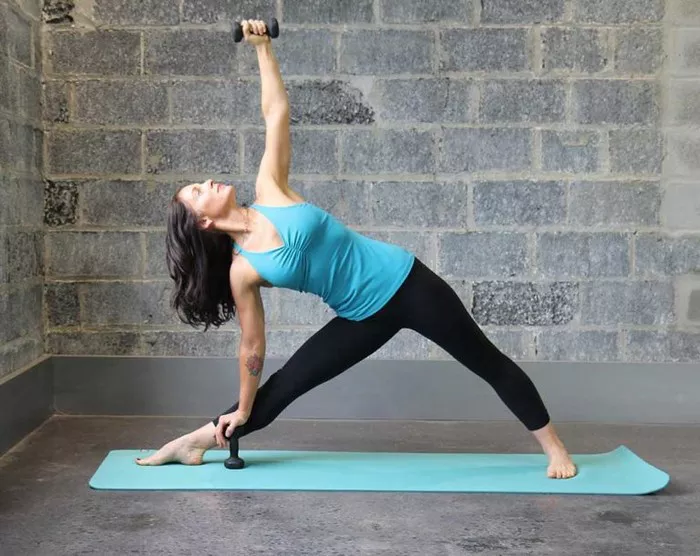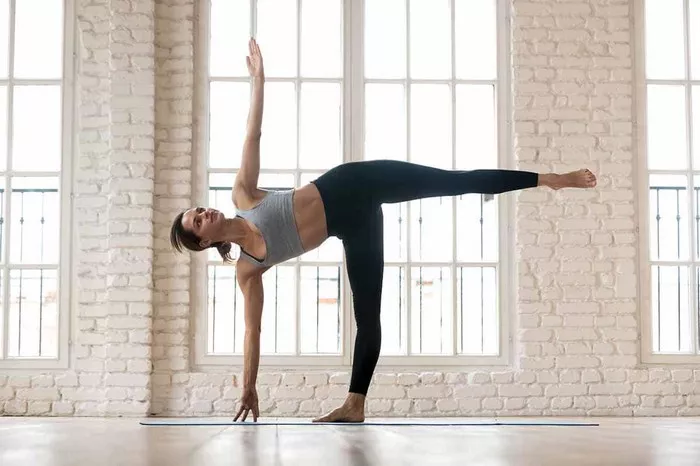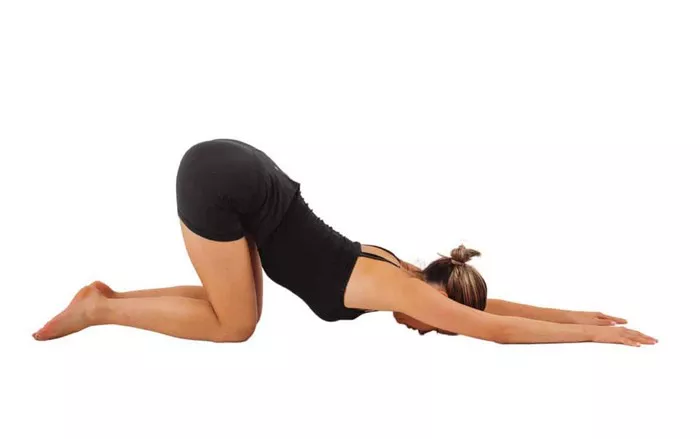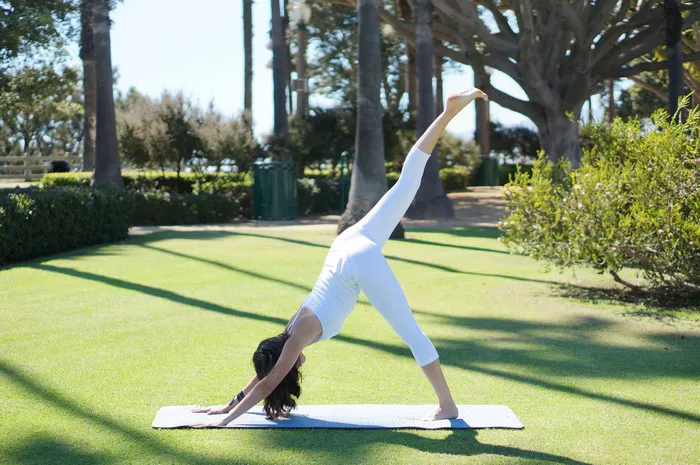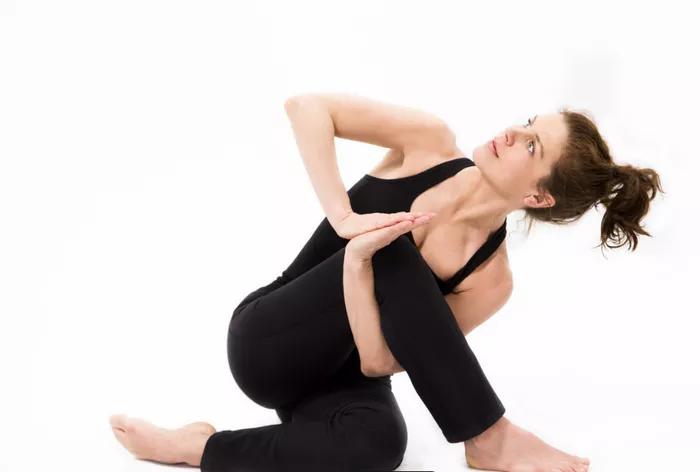A life-altering stroke two years ago left 78-year-old Carolyn Wightman from Prestonpans, East Lothian, facing new challenges after losing sight in one eye and subsequently having to stop driving. The deterioration of her remaining vision this past February intensified her feelings of isolation. Seeking assistance, Carolyn turned to Sight Scotland, which introduced her to its inaugural yoga class specifically designed for individuals with visual impairments.
The 60-minute seated classes incorporate meditation, breathing techniques, and mindfulness exercises, alongside “eye yoga” aimed at promoting relaxation and stress reduction. Carolyn, who also deals with spinal issues, reports significant improvements in her flexibility and overall well-being. “I can’t do harsh exercise and I’m very limited in my activities,” she explained. “The chair yoga is gentle but powerful, helping my fitness level.”
Before her stroke, Carolyn had an interest in yoga but struggled to find the time to participate in classes. The opportunity to connect with other women facing similar challenges has alleviated her feelings of loneliness. “My sight loss has been more sudden, so it’s taking me longer to adapt,” she noted. “Everyone understands each other because we’ve all got vision loss.”
Fellow participants Betty Robertson and Rita Irving, both from Edinburgh, joined the class in April. They suffer from dry age-related macular degeneration, a condition that blurs central vision. Rita recalls being warned about her future sight problems at age 14, while Betty described herself as “lucky” to have been diagnosed only after turning 75. They now describe their vision as “poor” and “like looking through mist,” which complicates face recognition. The yoga class has helped them “build confidence” and “relax.”
Instructor Tamas Danyi-Nagy, who began practicing yoga seven years ago following severe neck and back injuries, felt inspired to create a supportive environment for those with visual impairments. While training as a yoga instructor, he volunteered with Sight Scotland, helping a blind woman with daily tasks. His experiences led him to recognize the importance of making yoga accessible to everyone, regardless of their vision.
Tamas designed the yoga classes to include a variety of movements targeting the shoulders, arms, neck, back, and legs, along with eye exercises that aim to reduce tension and improve peripheral vision. “People who are visually impaired often exercise their eyes less, focusing on nearby objects or screens,” he explained. “It’s vital to strengthen eye muscles to maintain eye health.”
Sight Scotland aims to expand this unique yoga program to additional locations, continuing its mission to support visually impaired individuals in regaining independence and fostering community connections.
You Might Be Interested In

